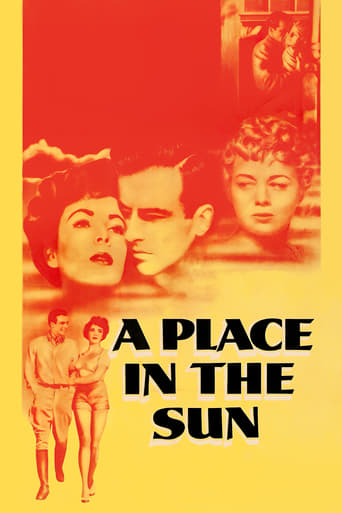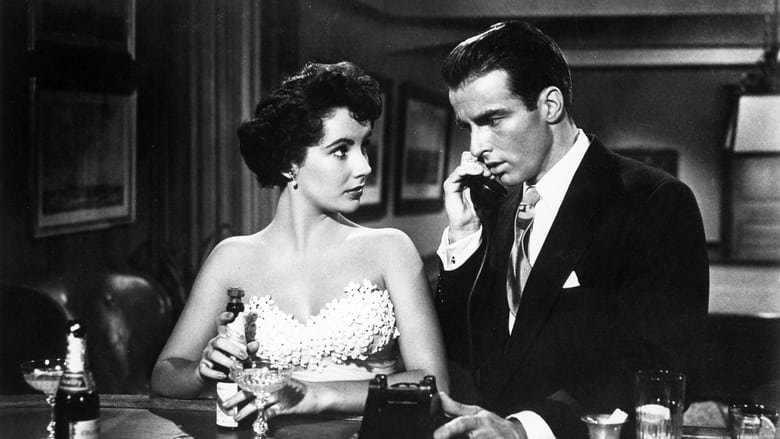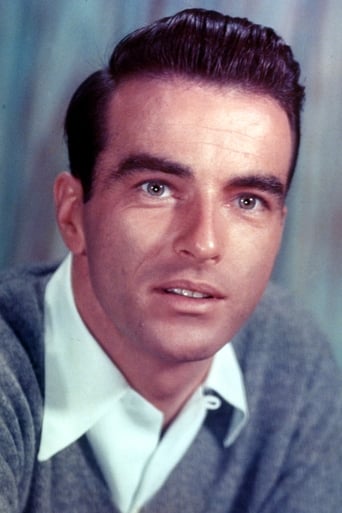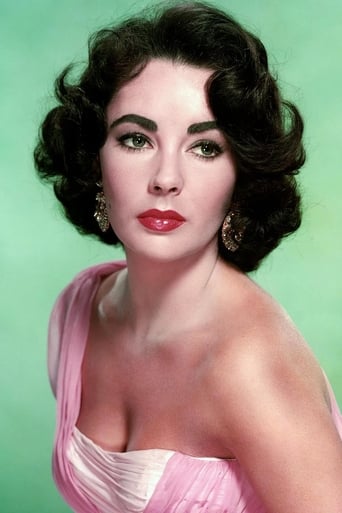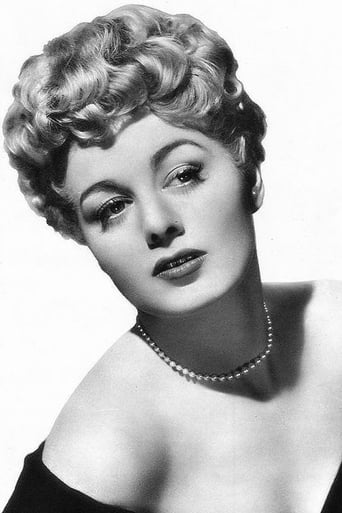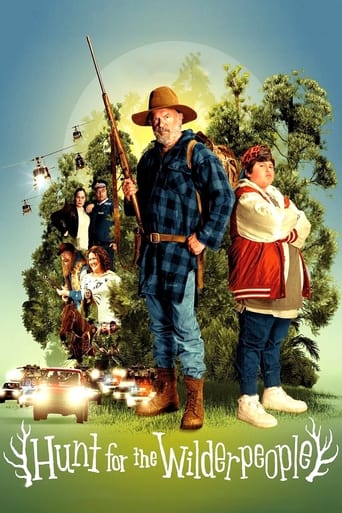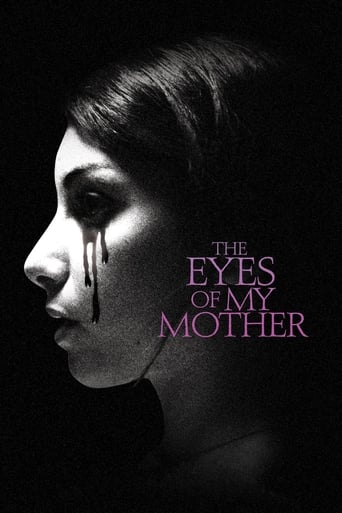A Place in the Sun (1951)
An ambitious young man wins an heiress's heart but has to cope with his former girlfriend's pregnancy.
Watch Trailer
Cast
Similar titles
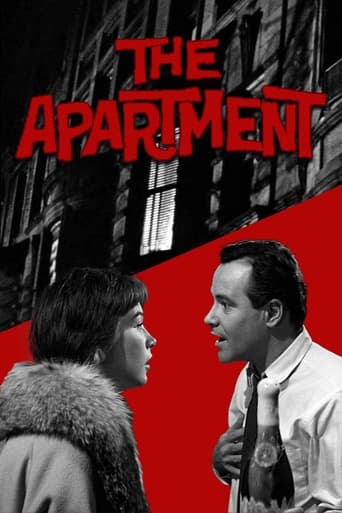

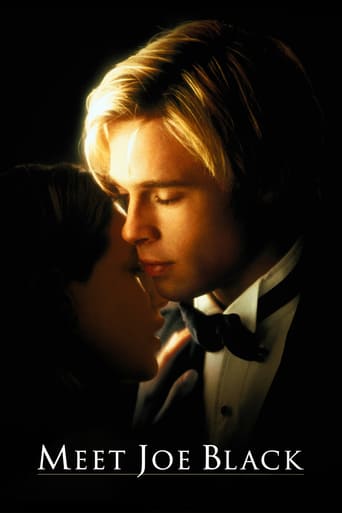
Reviews
You won't be disappointed!
Simply A Masterpiece
Great Film overall
Best movie ever!
"Place in the Sun" will be found on most top 100 lists of the greatest movies of all time, and deservedly so. It has George Stevens a top producer/director and an unbeatable cast right down to the smallest part. The film won several Academy Awards (including best picture and best Director) and was nominated for several more.The film opens with George Eastman (Montgomery Clift) hitch hiking from Chicago to California. Coming from a religious store front mission family, George is coming to seek employment with his rich uncle's clothing manufacturing firm. He is cautioned not to fraternize with the company's female employees but strikes up a relationship with co-worker Alice Tripp (Shelley Winters).At a party at the Eastman estate, George meets the beautiful daughter, Angela Vickers (Elizabeth Taylor), of the Eastman's wealthy neighbors. George is immediately smitten with her. Meanwhile Alice learns that she is pregnant and begins to pressure George into marrying her. While on holiday with the Vickers, Alice shows up at the local bus station and demands that George come to her immediately or else she will tell all of her predicament.George is forced to go to her and agrees to marry her only to find the Court House closed for the Labor Day holiday. George then devises a plan to eliminate Alice. He relents at the last minute but the boat they were in capsizes and the woman drowns. Several witnesses identify George as the the "man in the boat" and he is quickly arrested and charged with murder.A trial ensues with D.A. Frank Marlowe (Raymond Burr) prosecuting and Bellows (Fred Clark) and Jansen (Walter Sande), attorneys for the defense. Although George has a plausible story, the jury........................................Elizabeth Taylor was only 17 when this movie was made and this proved to be a breakthrough adult role for her. She was already one of the most beautiful women in the world. The brooding, mysterious method actor Montgomery Clift, at this point, had become a major star and the two would become life long friends. Shelley Winters was de-glamorized for her role and she too proved that she could act.Raymond Burr's performance as the D.A. could almost be said to have been an audition for his future role as Perry Mason in the long running TV series. I was also impressed by the performance of veteran "B" western actor Walter Sande as defense attorney Art Jansen.Others in the cast include Anne Revere in a brief appearance as Clift's mother, Herbert Hayes and Katherine Givney as the Eastmans, Shepperd Strudwick and Freda Inescourt as the Vickers, rising star Keefe Brasselle as the Eastman son Earl and veteran heavy Ted DeCorsia as the trial judge.A true classic in every sense of the word.
George Steven's high-calibre drama, a six-times Oscar winner (including BEST DIRECTOR and SCREENPLAY), is a tellingly puissant moral lesson adapted from Theodore Dreiser's novel, AN American TRAGEDY, inspired by real event. A working-class young man George Eastman (Clift), comes to town to work for his industrialist uncle Charles Eastman (Heyes), strives to fight for a better future, but begins to bog down into a dilemma when his low-class girlfriend Alice Tripp (Winters) gets pregnant and puts pressure on an immediate marriage, whilst a gorgeous socialite Angela Vickers (Taylor), whom he secretly admires, surprisingly reciprocates her affections.Any advice to solve George's dilemma? Not hindsight wisdom, yet the truth is, if that (highly uncommon) scenario would happen to anybody, under such a tempting circumstances, a rosy future with the perfect woman a man could ever dream of, the idea of dispatching the poor Alice would lurk around pretty certainly to any morally deficient social climbers, so despite the horrific act (Alice's pregnancy has never been put into foreground to exacerbate the crusade against George during the trial), we audience tends to sympathise with him, plus, the film intentionally omits what happened after the boat was capsized, in the eyes of viewers, it is an emotionally perturbed Alice herself causes the capsize of the boat at the first place, only in the court, George tries to re-enact what was happening then, even his side of story is scarcely credible, there is tiny possibility that he is "innocent", and what's more disturbing is that, subconsciously, we do hope he is!That's where lies the strength of this slow-burner, as George could be anything but "innocent", simply because even if he had not done anything to harm Alice, just lets it happen when a landlubber like her was drowning to her death, is another form of murder. He has the perfect motive, and his not-doing is exactly the helping hand to facilitate Alice's death.Why then, our commiserations are more inclining to George than to Alice, first of all, it is Montgomery Clift's unrivalled and wonderfully consistent performance, a misfit being ricocheted onto a wrong echelon, who awkwardness is painfully visible. Just when he decides to accept the reality to stay where he belongs, a windfall sweeps off his feet, which ensues a turbulent battle of human frailties and moral senses underneath of his humble physique and perpetually preoccupied minds. Mr. Clift even masks any edgy aspects of George's personality, to make his actions even more ambivalent, either he is a ruthless schemer putting on a masterful front to play meek and try to evade punishment, or he is a tragic character, passively devoured by the twist of fate. And even up until the final scene, we can not tell which one is the real George Eastman, in my book, that's a top-drawer achievement for the thespian.Secondly, Ms. Winters' Alice, exists more than just the unfortunate prey, when a woman has to literally blackmail her boyfriend with pregnancy into marrying her, apart from blaming an unjust social environment towards women, the truth is, they will never reach a happy ending, Alice is miserable but equally as selfish as George, bovine and unglamorous, the flagrant contrast between her and Angela, is another excuse for George's road-of-no-return. A trifle of misogyny and female objectification can be discerned, but in Ms. Winters' defence, she delivers a palpably soul- pulverising coup-de-maître, notably in the scene with the doctor to insinuate an abortion, and her final in-your-face accusation and hyperbole on the boat.There is a 16-year-old Elizabeth Taylor, a child star transmogrifies to a fabulous screen goddess overnight, her voice is crispy and untainted, so is her off-screen rapport and affection to Mr. Clift, mirroring Angela's undying love for George, an avatar of perfection too good to be true in reality, extant on the silver celluloid only. It is her angelic face and seductive kiss remain in George's last moments, something worth dying for in its literal meaning. Oscar-winner, the limelight-stealing character actress Anne Revere has a small cameo as George's religious mother, whose film career ended abruptly after this due to being on the infamous "Hollywood blacklist", which prompted a nearly 20-years gap of absence in her filmography.Mr. Stevens takes great patience and pain to elicit striking endeavour from his cast, and his unpretentious method of channeling the narrative arc with a deft hand of juxtaposed editing, pays off handsomely in its end-product, especially considering how they could manage to sidestep the Hays Code while retain its dramatic pathos and inspire contemplation of its thorny subject matter, a Black-and-White classic truly worth its fame and praise.
I have seen negative reviews of this film which call its social commentary outdated. I don't agree. This story is an all-too familiar and common one to be outdated, along with its social commentary. The quest for a better life, the quest for acknowledgment and social climbing, establishing yourself from common and modest origins as a social "lion". Those things are never easy and can take a piece of one's soul. And this is in part what this film is about.The hero or protagonist of this film is a young man who was raised in a religious home by his mother, George Eastman, played wonderfully by Montgomery Clift. Clift has always been one of my favorite actors and one of the few who possessed both great talent and great looks, really few. Despite being related to a wealthy family, he is not really treated as one of them, since they don't consider him their equal. He gets away from his mother and his home city Chicago to go to California where his uncle owns a factory. Despite being given a job by him, it's just an entry job and George is forbidden to socialize with any women who work there. He breaks the rules, unfortunately, and starts dating another poor girl, Alice, played by the excellent Shirley Winters. However, he soon finds himself promoted to a higher position in the factory and then meets a beautiful society girl Angela Vickers, played by Elizabeth Taylor at her most appealing. The two click instantly and fall in love and for the first time in his life, George is truly happy. No longer the outsider, he can now enjoy a rich social life with the cream of the crop. However, Alice finds out she is pregnant and threatens to ruin George's newfound idyll with Angela.Lets note that Taylor's character is called Angela. I think she represents a sort of angel of George's, who wants to lead him to a better life. Alice is her exact opposite, a rather shabby and not too good looking poor girl who has nothing to offer George but her love. And he doesn't want it, for she only reminds him of his poor and difficult past. Angela is the bright future, the ray of sunshine he needs. His place in the sun is therefore by her side. Alice is the darkness and gloom, if he goes back to her he will never be happy again. And here we start to question George's character: does he really love Angela for herself only or also because of her wealth and social status? Well, this is indeed meant to be the moral dilemma here and as such it helps to make the film more compelling and powerful.The ultimate tragic ending only makes it a film to be taken seriously as a drama, not just a melodrama. Its dramatic strength and the performances of its three stars is what really holds up A Place in the Sun and makes it a worthwhile experience to watch it. Its theme of quest for a better life, love, unwanted ties and ultimately tragedy is something that we can identify ourselves with even today. The message? The higher you climb, the harder you fall, perhaps. But I also like to look at it as just a tragic story of an unlucky man who tried to get himself a place under the sun and failed. It is also what I really like about it. There are no villains here, only victims.
Brilliant drama. Was going to say "crime-drama" but it is much more than that. Starts out as a romance and general relationship drama and then evolves into something more and a whole letter better. Retains its sense of romance until the end, but throws in many topical issues along the way (validity, or otherwise, of the death penalty being one of them).Excellent plot. The way the movie evolves from a small town human drama to a crime drama and courtroom drama is incredible, and totally unpredictable. Even in the final scene you don't know how things are going to work out.Superb directing from George Stevens. Hitchcockian in some of his uses of camera angles, and Billy Wilder-like in his presentation of human lives and tragedy.The movie will be mostly remembered for the magnetic, sensitive performance from Montgomery Clift. Known for portraying deep, emotional characters, Clift doesn't disappoint here. Plus, here he shows a darker side too. Well deserved his Best Actor Oscar nomination and unlucky not to win.Shelley Winters also deserved her Best Actress nomination for her portrayal of Alice. Played the shy, sweet, unassuming, unpretentious character to perfection.No nomination for Elizabeth Taylor but she lights up the screen in every scene she is in. Stunningly beautiful.Interesting to see Raymond Burr as the District Attorney. Good work by him.A classic.
